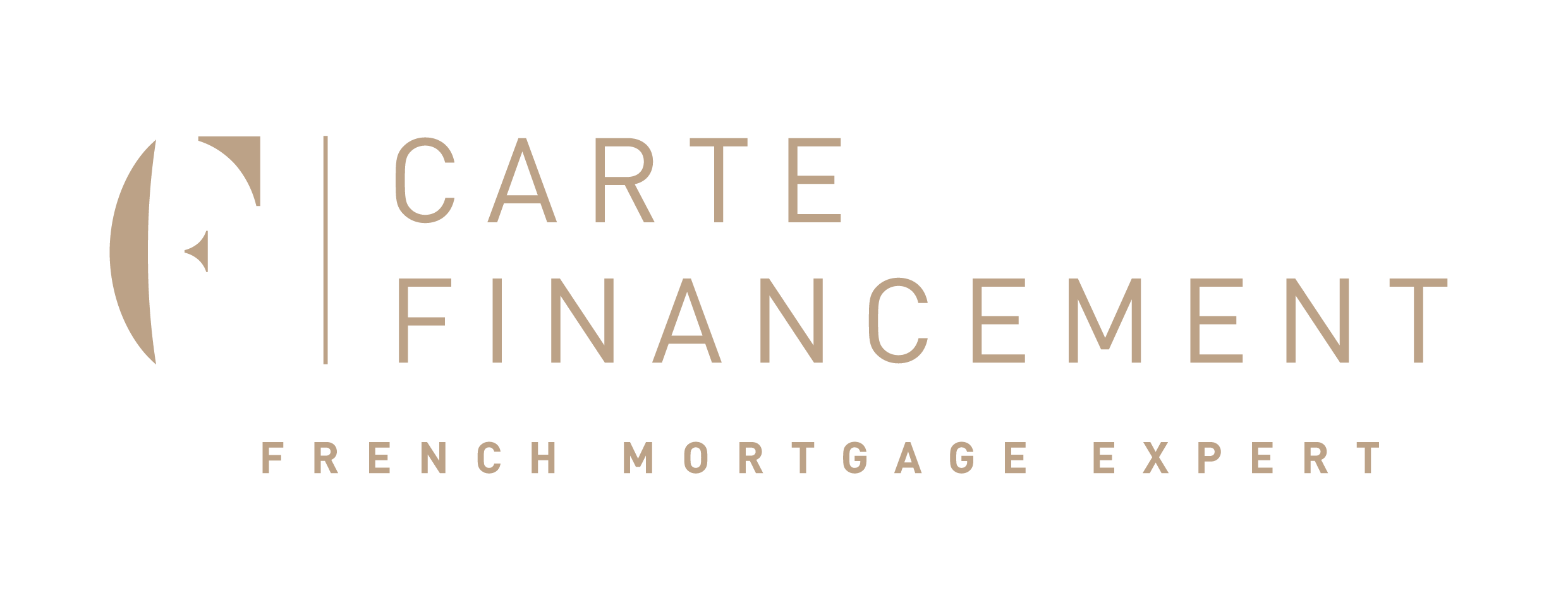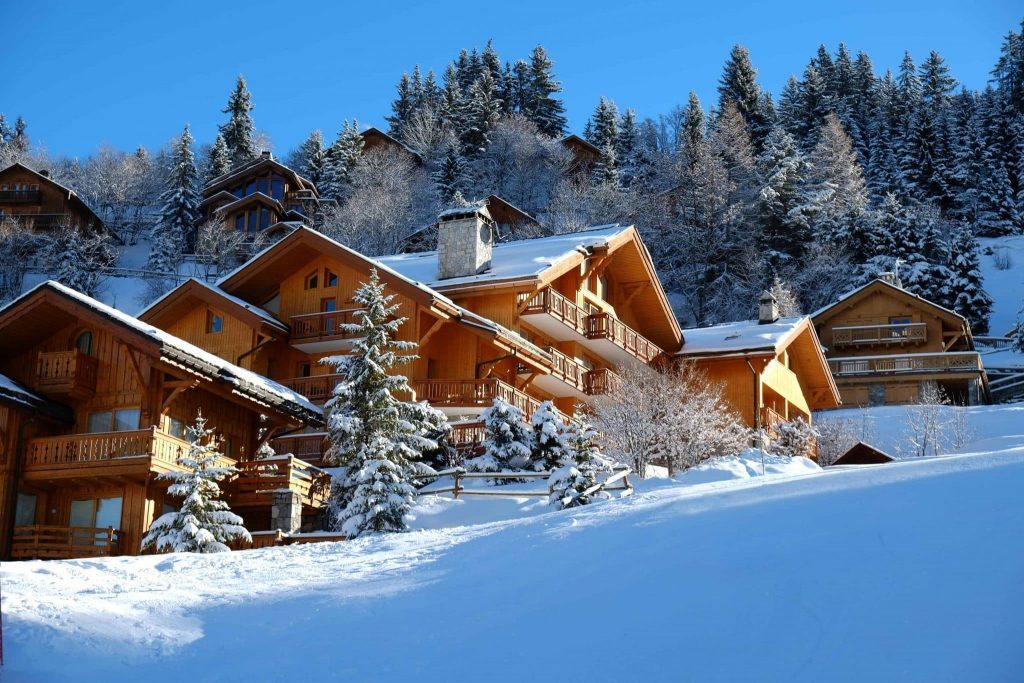In its 2020-2021(1) report, the Cimalpes network assesses future trends for high-end property in the Alps. Surprisingly, the health crisis is far from having negatively affected the sector.
Real estate in the Alps: a proven attractiveness
Far from being paralysed by the Covid-19 health crisis, the market for high-end property transactions in the Alps seems to be very solid, to the point that the Cimalpes network estimates that “the summer of 2020 was the most active since the network was created 17 years ago”. Price increases were particularly marked in new properties: +6.5% in Méribel, +6% in Megève, +5% in Val d’Isère, +3% in Courchevel.
This type of investment is indeed a safe haven for buyers worried about the future of other types of financial investments such as the stock market. Real estate, an instinctive safe haven in times of crisis, is all the more successful because interest rates remain attractive and tourist real estate benefits from an attractive tax system, notably thanks to the furnished rental with para-hotel service system.
In addition to allowing them to diversify their portfolio of assets, individual investors particularly appreciate the right of personal occupancy.
Rental property is all the rage
The trend was already underway, but the health crisis has accelerated a shift in demand from hotels to rental accommodation – chalets or flats – a solution that many clients consider more suitable for the new health requirements, as it allows them to meet up with family and friends while remaining in a form of health bubble.
While client interest remains strong, they are still waiting on the health restrictions which change from week to week. The result is an explosion in last-minute bookings and a strong desire for greater flexibility, particularly with regard to cancellation conditions.
Real estate rentals in all seasons
As a post-lockdown effect, clients want to take advantage of the “great outdoors”, to have access to large spaces while respecting social distancing, and the mountains are an ideal place to meet these criteria.
In addition, the massive and forced development of teleworking in companies allows workers to move away from home to benefit from a better living environment while remaining professionally active. Thus, in resorts such as Megève, there is an emergence of demand for rentals for longer periods, two weeks, sometimes even up to four weeks, including during the summer.
People no longer come to the mountains in winter only to ski, but in all seasons to practice various activities, well-being, hiking, mountain biking, etc. The resorts are therefore organising themselves accordingly to meet their customers’ expectations and maintain a much more spread out activity throughout the year.
(1) Cimalpes Panorama 2021.


